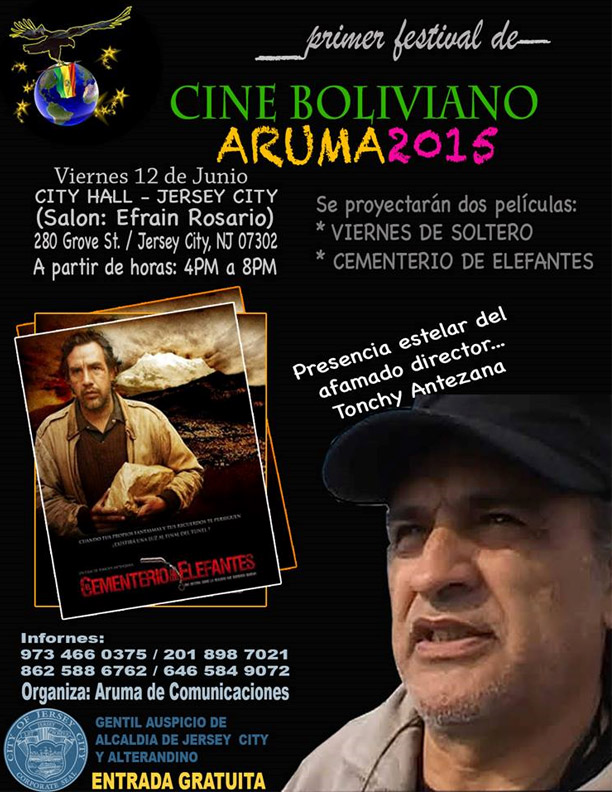LA PAZ, Bolivia — Bolivia's mix of Roman Catholic and indigenous traditions are on display across La Paz as thousands of costumed dancers perform during the annual feast of the Great Power, a raucous street party that celebrates a rendering of Jesus Christ with native features and outstretched arms.
Brass bands marched and onlookers cheered over the weekend as the dancers performed elaborate routines in their quest for prizes.
The gathering of faithful fun-seekers traces its origins to a religious painting from the 17th century that depicts the Christian savior — El Senor del Gran Poder, or The Lord of the Great Power — with indigenous Andean features.
Religious believers began parading the image through poor neighborhoods in the upper reaches of Bolivia's capital in the 1930s. The quiet, candle-lit processions eventually morphed into a full-blown dance festival that spilled into the wealthier valley below.
Today, the weeklong celebration is the city's largest festival and a major showcase of Andean folklore. It has become so big that Bolivia is offering the Carnival-like event as a candidate for recognition by UNESCO.
The 62 dance troupes that began performing last weekend reflect Bolivia's mix of traditions. Women in traditional bowler heats pounded down the street alongside people dressed as conquistadors, men prancing in brightly colored ponchos, and dancers with painted faces performing ceremonial Inca steps. The most prestigious troupes boast foreign diplomats and local politicians as members.
As many as 20,000 performers prepare for months, practicing moves, searching for flashy jewelry and embroidering elaborate outfits worth as much as $20,000 apiece. After the festival begins, hired bodyguards watch over the dancers to prevent robberies.
The individual troupes are often financed by a single leader. This year, Jose Gabriel Nina sponsored a group of men who wore giant masks and heavy handmade suits covered in pearly beads. They paraded down the street performing a traditional dance that is supposed to evoke the slaves who toiled in Andean mines under Spanish masters.
"The Lord of Great Power has given me blessings. I've spared no expense here because this is an act of faith," Nina said.
In the poor neighborhood where the festival was born, street vendors compete for attention, offering food as well as herbs, potions and llama fetuses to be used as offerings to the Pachamama, a pre-Colombian native Earth mother figure revered in Bolivia.
The festival rumbles on until Sunday.
